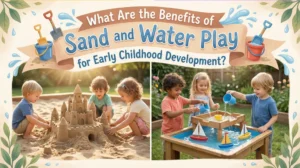Are you caught in the dilemma of choosing between Montessori and Reggio Emilia for your child’s education? Wondering which approach will provide the best learning experience? Fear not, as we delve into the advantages and disadvantages of both Montessori and Reggio Emilia methods. Get ready for an insightful journey that will help you make an informed decision for your little one!
Montessori or Reggio: Which is Better for Children?
The truth is, there is no definitive answer to this question. Both Montessori and Reggio Emilia approaches offer unique advantages and cater to different aspects of a child’s development. The key lies in understanding your child’s needs, learning style, and personal preferences.
But hold on, there’s more to discover!
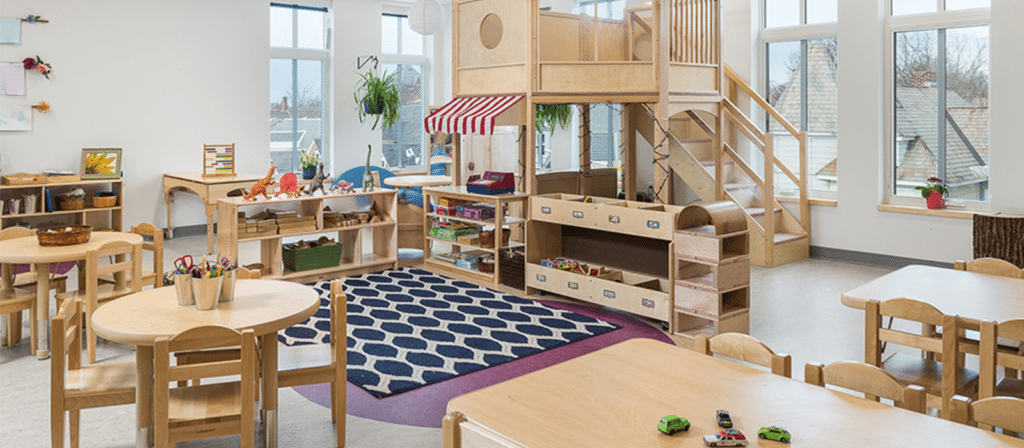
- The Marvels of Montessori: Unleashing the Potential
- The Limitations of Montessori: When Structure Overwhelms
- Reggio’s Wonders: Igniting Creativity and Collaboration
- The Challenges of Reggio: Balancing Structure and Individuality
- Finding the Perfect Fit: Nurturing Your Child’s Growth
Unleashing the Marvels of Montessori Education
Are you searching for an educational approach that fosters independence, ignites curiosity, and sparks a love for learning in your child? Look no further! We will explore the wonders of Montessori education and its wide range of benefits. Get ready for an insightful journey that will leave you convinced of the magic of Montessori!
1. Empowering Independence:
Montessori education empowers children to take control of their learning journey, fostering a sense of self and individuality while instilling a lifelong love for learning.
2. Hands-On Learning:
Montessori classrooms offer engaging, hands-on materials and activities that make learning fun and immersive, enhancing cognitive and motor skills development.
3. Tailored to Individual Needs:
Montessori education accommodates different learning styles and abilities, providing individualized attention and customized learning experiences for optimal growth.
4. Nurturing Order and Discipline:
Montessori prioritizes order and discipline through a carefully organized environment, teaching valuable life skills like time management and responsibility.
5. Fostering Social Skills:
Montessori promotes social interaction, collaboration, and problem-solving, developing empathy, cooperation, and effective communication skills.
Montessori education is a vibrant approach that nurtures independent, creative, and lifelong learners. With its focus on independence, hands-on learning, tailored instruction, order, discipline, and the development of social skills, Montessori offers a comprehensive education that goes beyond traditional methods. Embrace the marvels of Montessori and watch your child flourish into a curious, confident individual ready to conquer the world!
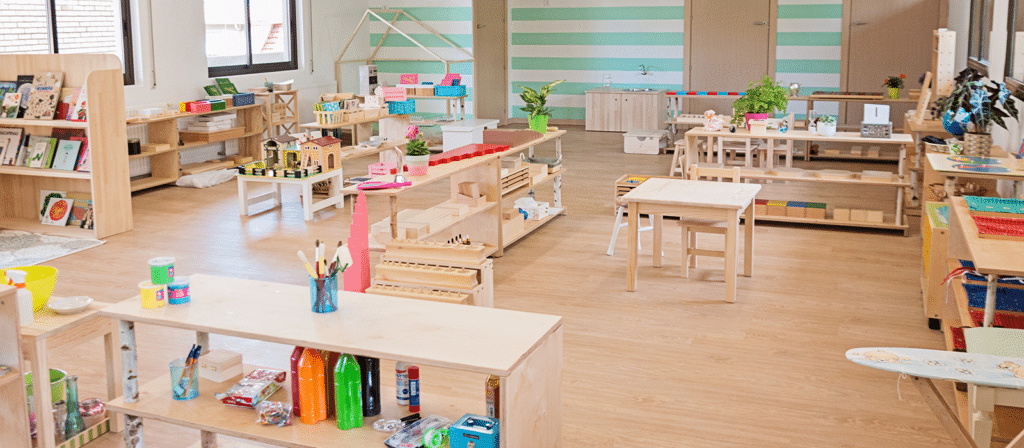
Unveiling the Limitations of Montessori Education
While Montessori education is widely celebrated for its many benefits, it’s essential to explore the potential drawbacks to make an informed decision for your child’s educational journey. We will take a witty and comprehensive look at the limitations of Montessori education. Join us as we uncover the less-talked-about aspects and provide insights to help you navigate through the potential challenges.
1. Struggling with Structure:
Montessori education’s highly structured nature can sometimes overwhelm certain children. The rigid routine and lack of flexibility may leave them feeling confined or unsure of how to navigate their educational path. Balancing structure and the need for freedom is key to ensuring a positive learning experience.
2. Academic Balance Concerns:
While Montessori emphasizes holistic development, some parents may worry about their child’s readiness for traditional academic settings. The focus on hands-on experiences and exploration may raise concerns about core academic subjects. Striking a balance between experiential learning and academic fundamentals becomes crucial.
3. Cost Considerations:
One of the drawbacks of Montessori education is the cost. Private Montessori schools often have higher tuition fees compared to traditional institutions. Affordability may be a concern for families seeking alternative options. Exploring public Montessori programs or Montessori-inspired activities can provide alternatives within budget constraints. Private Montessori
4. Finding Teacher Guidance:
The role of teachers in Montessori education can sometimes be unclear. While the approach emphasizes self-directed learning, some children may require more guidance and structure. Open communication with teachers is essential to ensure a supportive learning environment that meets the individual needs of each child.
Understanding the limitations of Montessori education allows for a balanced decision-making process. By acknowledging the potential challenges related to structure, academic balance, cost considerations, and teacher guidance, you can navigate the educational landscape with confidence. Remember, education is a dynamic journey, and finding the right fit involves considering your child’s unique needs and aspirations. Embrace a holistic approach to their growth and development, and make an informed decision that aligns with their individuality and potential.
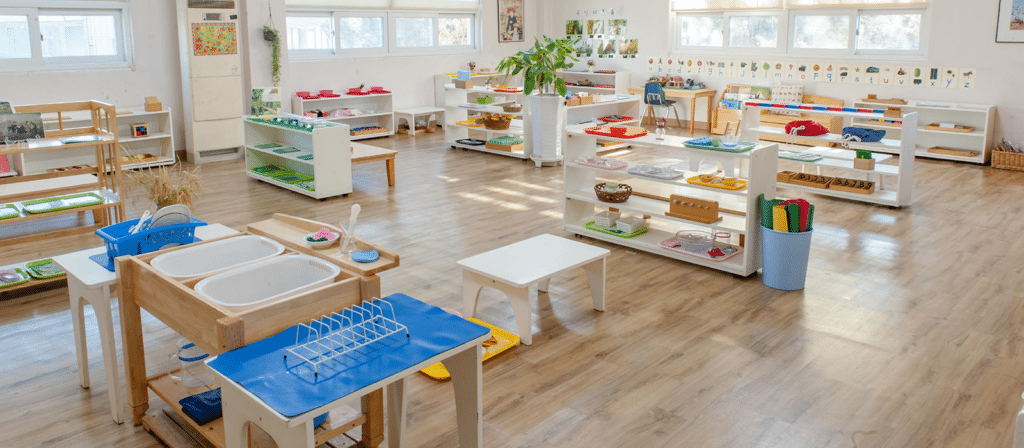
Unleashing the Wonders of Reggio Emilia Education
Are you seeking an educational approach that nurtures creativity, encourages collaboration, and celebrates your child’s uniqueness? Look no further! We’ll explore the marvelous world of Reggio Emilia education and its wide range of benefits. Get ready for a captivating journey that will leave you convinced of the magic of Reggio Emilia!
1. Igniting Creativity:
Reggio Emilia education sparks creativity through open-ended materials, artistic expression, and child-driven projects. Your child’s imagination will soar, fostering innovative thinking and a passion for self-expression. Say goodbye to cookie-cutter education and hello to boundless creativity!
2. Collaboration for Growth:
Reggio Emilia places a strong emphasis on collaboration and social interaction. Through group activities and projects, children learn teamwork, effective communication, and respecting differing opinions. Together, we can achieve more!
3. Child-Led Learning:
Reggio Emilia celebrates each child’s uniqueness, allowing them to drive their learning journey. With projects based on their interests, children embark on a personalized exploration of the world. This child-led approach ignites curiosity and promotes critical thinking.
4. Embracing Reflection:
Reggio Emilia values reflection in the learning process. Through discussions and documentation, children develop self-awareness and learn from their experiences. Reflection deepens understanding and nurtures metacognitive skills.
Reggio Emilia education nurtures creativity, collaboration, and a lifelong love for learning. With its focus on igniting creativity, fostering collaboration, promoting child-led learning, and embracing reflection, Reggio Emilia offers an educational journey filled with joy and discovery. Jump into the world of Reggio Emilia, where imagination knows no bounds, teamwork thrives, and learning becomes an adventure!
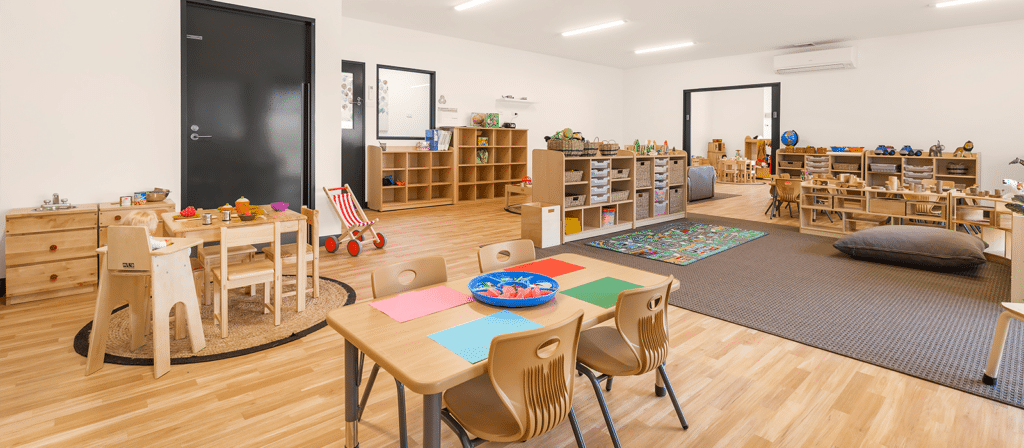
The Challenges of Reggio Emilia Education
While Reggio Emilia education offers numerous benefits, it’s important to acknowledge the potential challenges involved. We’ll explore the lesser-known aspects of Reggio Emilia education, providing a balanced view to help you make informed decisions for your child’s education. Let’s uncover the hurdles of Reggio Emilia in a witty and engaging manner.
1. Balancing Freedom and Structure:
Reggio Emilia’s child-led approach emphasizes freedom and exploration, but finding the right balance with structure can be a challenge. Some children may require more guidance and direction to thrive academically within the flexible Reggio Emilia framework.
2. Assessing Academic Readiness:
The holistic focus of Reggio Emilia education may raise concerns about traditional academic subjects. Parents who prioritize a strong academic foundation may question their child’s readiness for a more structured academic environment in the future. Evaluating long-term educational goals is essential in determining how Reggio Emilia aligns with these aspirations.
3. Limited Standardized Assessment:
Reggio Emilia places less emphasis on standardized assessments, which can make it challenging to measure a child’s progress compared to traditional benchmarks. Finding a balance between personalized assessments and standardized measures becomes important in tracking a child’s development.
4. Financial Considerations:
Reggio Emilia programs, like other specialized educational approaches, can come with a higher price tag. The cost of tuition and additional materials may pose challenges for families seeking more affordable options. Exploring financial considerations and alternative resources is crucial to ensure the feasibility of Reggio Emilia education.
Understanding the challenges of Reggio Emilia education allows for a well-rounded decision-making process. By considering the balance between freedom and structure, assessing academic readiness, addressing the approach to assessments, and exploring financial considerations, you can navigate the educational landscape with confidence. Remember, education is a dynamic journey, and finding the right fit involves aligning your child’s needs and aspirations with the available options. Embrace a holistic perspective and make informed decisions that pave the way for your child’s growth and development.
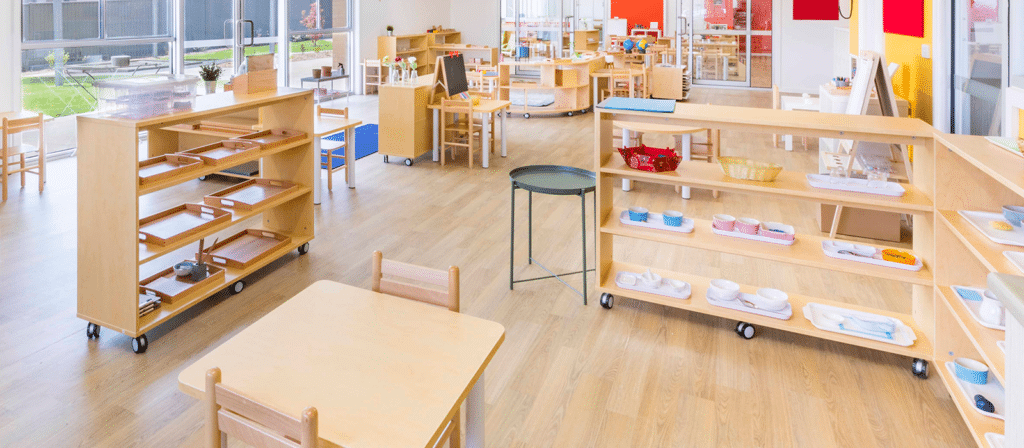
Choosing the Right Approach for Your Child
Choosing an educational approach for your child is no easy task. With options like Montessori and Reggio Emilia, it’s essential to consider various factors to make an informed decision. We’ll guide you through the decision-making process with a touch of wit and comprehensive insights. Get ready to unravel the secrets of selecting the ideal approach for your little one!
1. Embracing Individuality:
Consider your child’s unique personality, learning style, and interests. Choose an approach that celebrates their individuality and nurtures their strengths.
2. Understanding Philosophies:
Dig deeper into the educational philosophies of Montessori and Reggio Emilia. Explore their core principles, methodologies, and values. Choose an approach that aligns with your goals and resonates with your parenting style.
3. Assessing Needs:
Evaluate your child’s specific needs and preferences. Determine if they thrive in a structured environment or crave freedom to explore. Consider how each approach caters to their unique strengths and areas for growth.
4. Engaging with Educators:
Visit Montessori and Reggio Emilia schools, observe classrooms, and engage with educators. Seek their expertise and insights to make an informed decision.
5. Trusting Your Intuition:
Ultimately, trust your parental intuition. Listen to your instincts and choose an approach that feels like the best fit for your family. Remember, education is a journey, and adjustments can be made along the way.
Choosing the right educational approach for your child requires careful consideration. Embrace their individuality, understand educational philosophies, assess their needs, engage with educators, and trust your intuition. Find an approach that fosters their growth, happiness, and love for learning. Remember, there’s no one-size-fits-all solution. Choose what resonates with your child and embark on a rewarding educational journey together.
Attention!
The choice between Montessori and Reggio Emilia should not be seen as a competition but rather as an opportunity to find the best fit for your child. Both approaches offer valuable benefits and cater to different aspects of a child’s development. By understanding their strengths and challenges, you can make an informed decision that nurtures your child’s curiosity, growth, and love for learning.
So, embrace the journey, explore the options, and choose the path that resonates with your child’s needs. Education is not a one-size-fits-all approach, and finding the right fit will unlock the potential for your child’s success.




